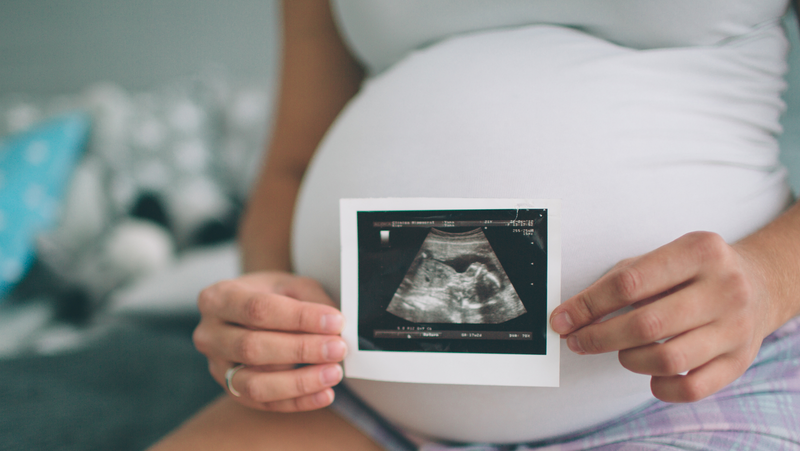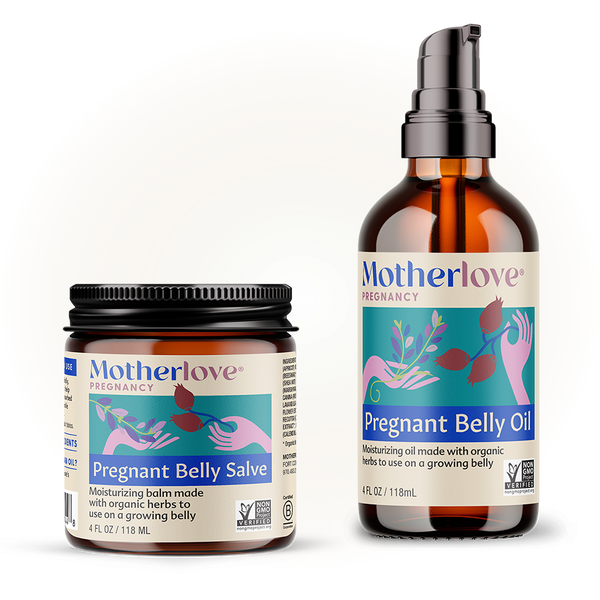Written by: Wendy, IBCLC.
Before we navigate pregnancy ourselves, we might have a general idea about what it will be like as a pregnant mother. We know our bodies are going to change and grow in significant ways—that some of it will be uncomfortable … and some of it will be downright nauseating. But beyond the basics, there is really only so much you can know about pregnancy until you are in the thick of it.
Once we are pregnant, many of us experience things that make us say, “Why didn’t anyone tell me about this?!” The truth is, pregnancy can be a very intense experience, and many of us just aren’t prepared for the full impact pregnancy can have on our bodies, minds, and lives. Unfortunately, not everyone openly talks about many of these experiences, so it’s hard to be fully prepared for them. We asked moms on Instagram which topics they felt needed more of a spotlight and we took that feedback to build this resource page.
Thankfully, the dialogue is changing, and more of us are talking about some of the more uncomfortable and unexpected aspects of pregnancy. Here are some of the top pregnancy realities that no one really talks about but should.
Note that not everyone experiences all of these things! But many of us do, or will at some point during pregnancy or future pregnancy. If you have any concerns about an unfamiliar pregnancy symptom, you should always reach out to your doctor or midwife.
LET'S CHAT ABOUT...
1. Lightning Crotch
Lightning crotch is, well, exactly what it sounds like. It’s a sensation that may feel like a lightning zap or a sudden shooting pain in your vaginal/pelvic area. While intense, the pain usually comes and goes and isn’t persistent. It’s likely caused by pressure on your pelvic area as well as nerve stimulation. Though it can be shocking when you experience it, as long as you are not experiencing other concerning symptoms, like bleeding or contractions, there is usually nothing to be concerned with.
2. Prenatal Depression
At this point, almost all of us have heard about postpartum depression, a common mood disorder experienced after giving birth. But what you might not know is that it’s actually quite common to experience depression and anxiety during pregnancy—up to 13% of pregnant women experience it. While prenatal depression won’t negatively harm your baby, it’s not something you should just “live with.” There are treatment options for prenatal depression, and you deserve to feel better and balanced during pregnancy.
3. Sciatica
Sometimes pregnancy can be a pain in the butt … literally. As your center of gravity changes during pregnancy and your muscles and ligaments stretch, pressure is often put on the sciatic nerve, which can cause all sorts of discomforts. Sciatic pain usually feels like pain and pressure in your lower back and buttocks. The pain can even radiate down your legs. Yoga, massage, heating pads, and warm showers can be helpful.
4. Round Ligament Pain
If you are experiencing pain on one side or both sides of your belly during pregnancy, you may be experiencing round ligament pain. Round ligament pain is thought to be caused by the stretching of the round ligaments during pregnancy. The pain can come on suddenly and is especially common if you sit or stand up quickly. It can also happen during walking or other strenuous activity and while shifting positions during sleep.
5. Hyperemesis Gravidarum
We’ve all heard of morning sickness and are aware that pregnancy can be a nauseating (and vomity) experience. Most cases of morning sickness—while certainly uncomfortable—tend to come and go. They are manageable by eating smaller, more frequent meals, avoiding triggering foods and smells, and adding more rest to your days. But what you might not know is that sometimes morning sickness can become a serious medical issue in pregnancy.
Hyperemesis gravidarum describes a syndrome where nausea is so extreme that eating is almost intolerable, vomiting is very frequent, and weight and fluid loss become concerns. Thankfully, there are treatments for hyperemesis gravidarum, including medication and IV fluids, but the syndrome can be very worrisome and disabling for the person who is experiencing it.
6. Unexplained Bleeding
Bleeding during pregnancy is always concerning and something you should bring up with your doctor or midwife whenever you are experiencing it. But sometimes, especially in early pregnancy, bleeding happens with no clear reason and with no reason to worry. The American College of Obstetricians and Gynecologists (ACOG) explains that light bleeding is common in early pregnancy, especially after sex or a pelvic exam. Light bleeding may also be harmless in later pregnancy, though any instance of heavy bleeding, especially with cramping, should be taken seriously.
7. All Those Comments From Strangers
When you are pregnant, you will find that everyone—from your in-laws to the stranger at the grocery store—has an opinion about your pregnancy and will be happy to share it with you. Some of these comments won’t be too bad. Still, some can be triggering, especially if they are about the changes your body is going through, the gender or sex of your baby, or insensitive comments about your family structure, medical history, or ability to be a “good” mom, etc.
On top of that, pregnancy is just a sensitive and emotional time. It’s okay to tell people that their comments are insensitive or hurtful, and it’s okay to distance yourself from people who make these sorts of comments. Most of all, know you are not alone. Almost all of us have shouldered these sorts of comments during pregnancy. Sharing your annoyances with a like-minded pregnant mom (or formerly pregnant mom) can be therapeutic.
EVERY EXPERIENCE IS DIFFERENT
Maybe the most important thing to keep in mind about pregnancy symptoms and experiences is that everyone is different. Some of us will have pregnancies with almost no discomforts besides the general aches and pains of growing another human in our bodies. But some of us have a really tough time—physically or emotionally—sometimes for the whole nine months. And many of us have varying experiences from one pregnancy to another.
Having an easy or difficult pregnancy doesn’t make you better or worse. It’s not a reflection on your ability to gestate a healthy and amazing child and will certainly have no bearing on how good a mom you will be. It’s just that some of us are blessed with easier pregnancies… and some of us aren’t.\
Talking about these things—both the good parts and the bad parts—is key. It makes us feel less alone. It teaches us to become more attuned with our bodies, to know what is normal and what requires a call to our healthcare provider. And it helps us feel comfortable asking for the emotional support we need and deserve as we move through our pregnancies and get ready to welcome our little ones.






